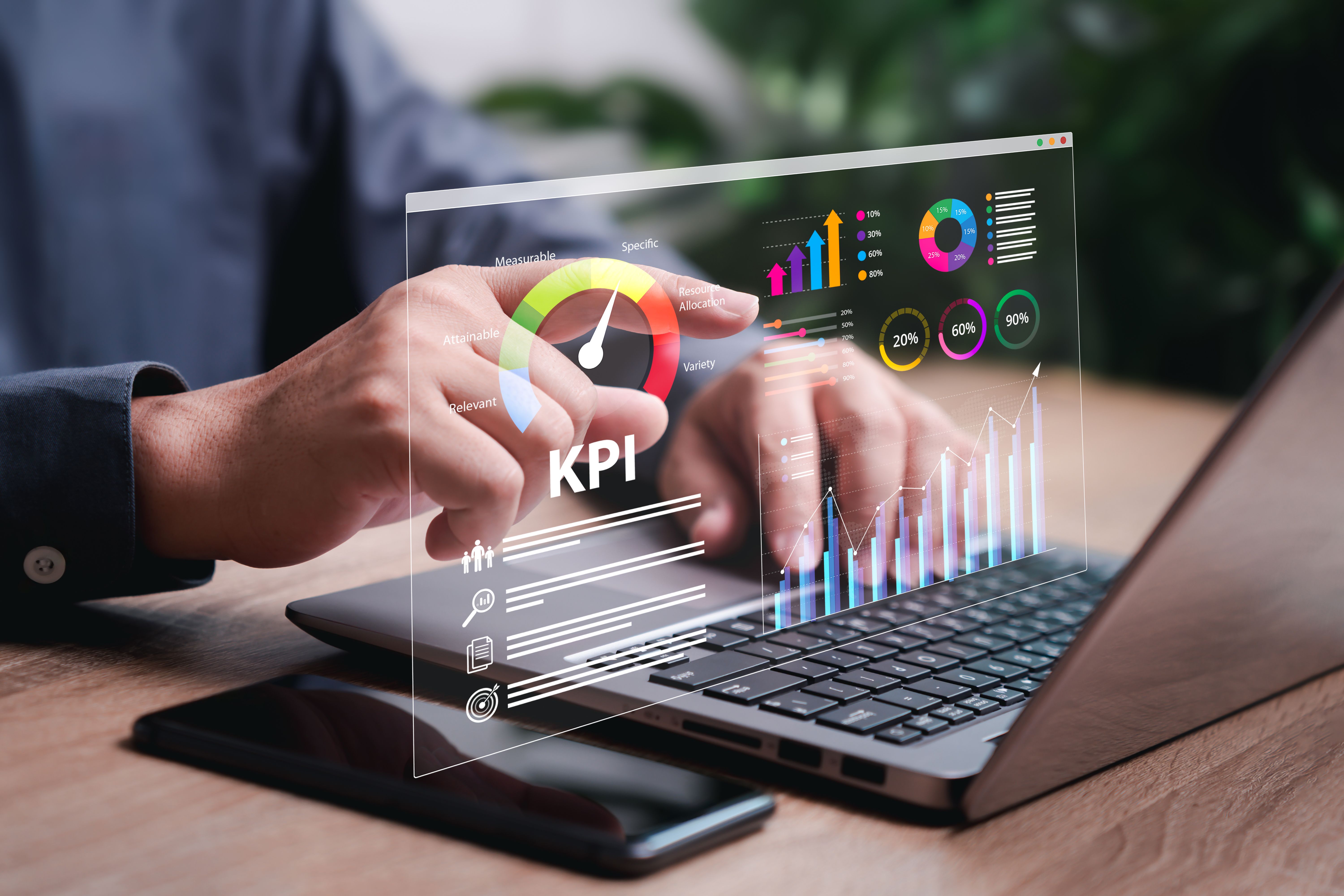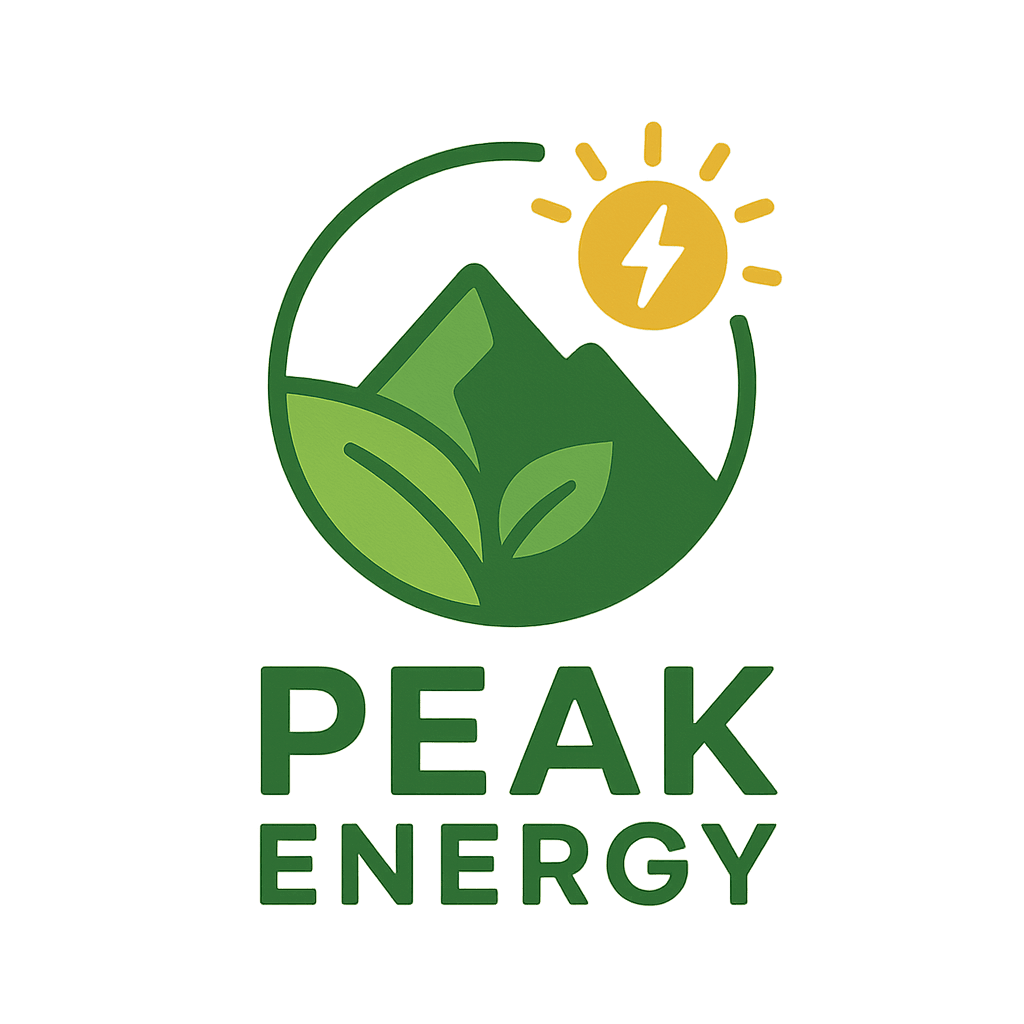Setting SMART Objectives for Floor Energy Solutions
Understanding SMART Objectives
When it comes to setting goals for your business, the SMART framework is a universally recognized method that ensures objectives are well-defined and achievable. This approach helps businesses like Floor Energy Solutions create clear and actionable goals. But what does SMART stand for? It represents Specific, Measurable, Achievable, Relevant, and Time-bound objectives.
Using SMART objectives can significantly enhance the strategic planning process. By adhering to each component, businesses can create a detailed roadmap that guides their efforts and tracks progress effectively. Let's delve into each aspect of SMART to understand how it can be applied to Floor Energy Solutions.

Specific: Define Clear Goals
The first step in setting SMART objectives is to be as specific as possible. For Floor Energy Solutions, this might mean defining goals that are precise and unambiguous. Instead of setting a broad objective like "increase sales," a specific goal would be "increase sales of energy-efficient flooring by 15% in the next quarter."
Being specific helps team members understand what is expected and where to focus their efforts. It also aids in communicating the objective across different departments within the company, ensuring everyone is aligned with the same vision.
Measurable: Track Your Progress
To gauge the success of your objectives, it's essential to establish metrics that allow you to measure progress. For instance, Floor Energy Solutions can track sales figures, customer feedback, or market share to evaluate the effectiveness of their strategies. This measurable aspect provides tangible evidence of success or areas that need improvement.

Additionally, having measurable goals enables regular assessment and adjustment. This ensures that the company remains on track and can quickly adapt to any challenges or changes in the market.
Achievable: Set Realistic Expectations
While it's important to aim high, setting achievable goals is crucial to maintaining motivation and avoiding burnout. Floor Energy Solutions should assess available resources, including time, budget, and personnel, to determine what is feasible.
An achievable goal is challenging yet realistic. For example, aiming to double sales in a month may be overly ambitious, but a 10% increase might be within reach given the current market conditions and resources.

Relevant: Align with Business Goals
Relevance ensures that every objective aligns with the broader goals of Floor Energy Solutions. This means that each goal should contribute to the company's mission, whether it's enhancing sustainability, improving customer satisfaction, or expanding market presence.
By maintaining relevance, the company ensures that resources are utilized effectively and that every team member is working towards a common purpose, ultimately driving business success.
Time-bound: Establish Deadlines
Setting a clear timeline for achieving objectives is the final piece of the SMART framework. Deadlines create a sense of urgency and help prioritize tasks. For Floor Energy Solutions, a time-bound objective might be to launch a new product line by the end of the fiscal year.
Having a deadline encourages timely action and facilitates accountability. It also allows for periodic reviews to assess progress and make necessary adjustments to stay on track.
Implementing SMART Objectives
Implementing SMART objectives requires commitment and collaboration across all levels of the organization. By regularly reviewing and adjusting these objectives, Floor Energy Solutions can ensure continuous improvement and sustained growth.
Ultimately, the SMART framework empowers businesses to set meaningful goals that drive success. By applying this methodology, Floor Energy Solutions can navigate the complexities of the energy market with confidence and clarity.
